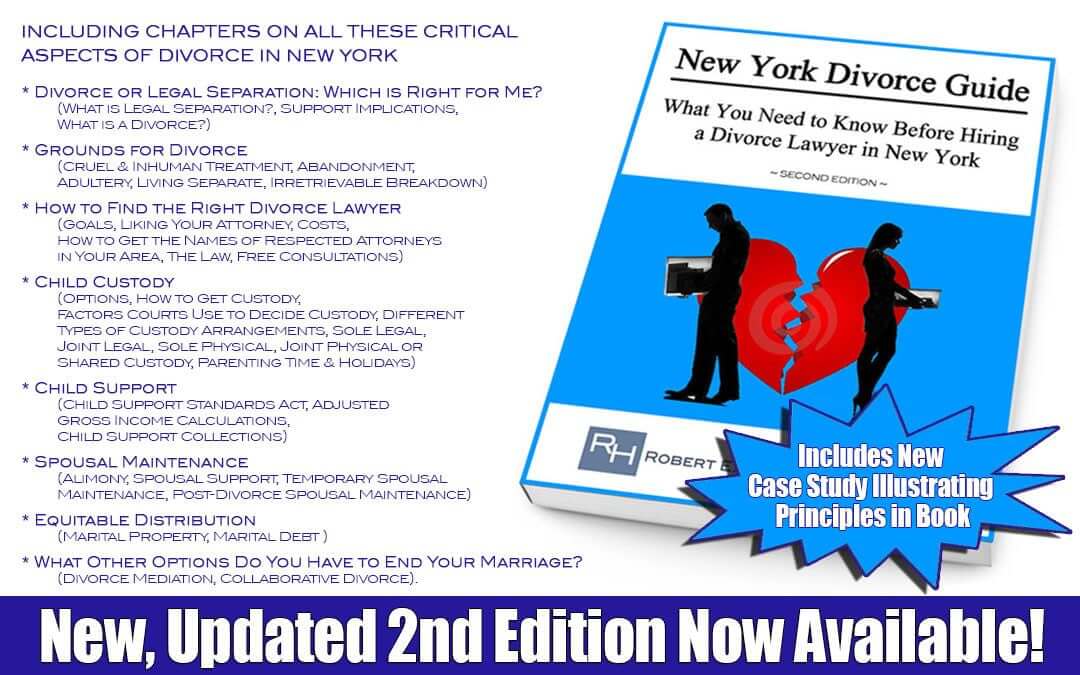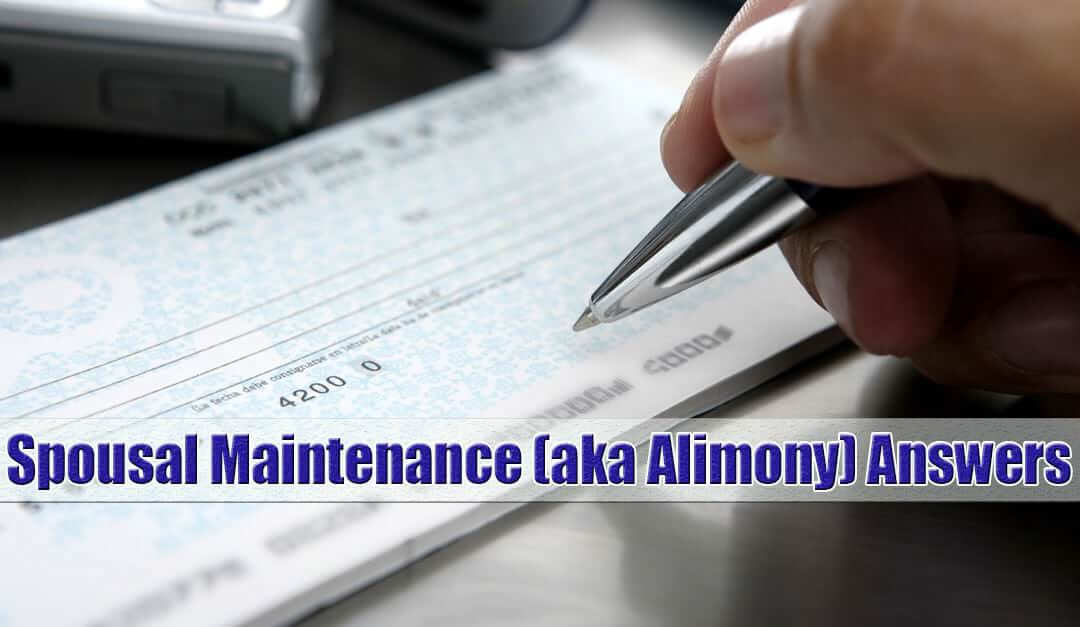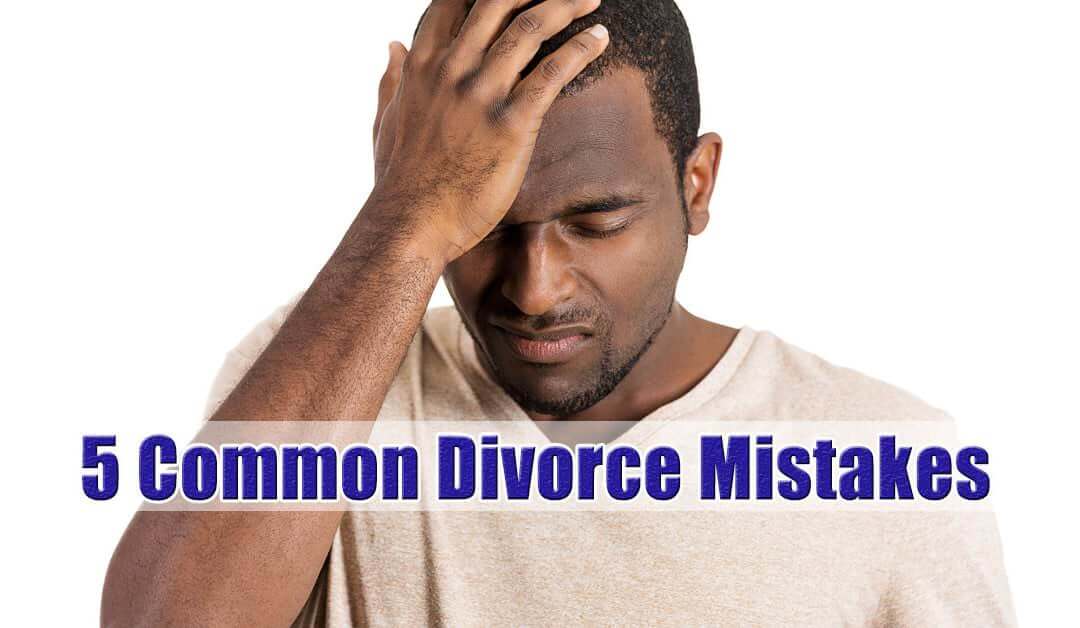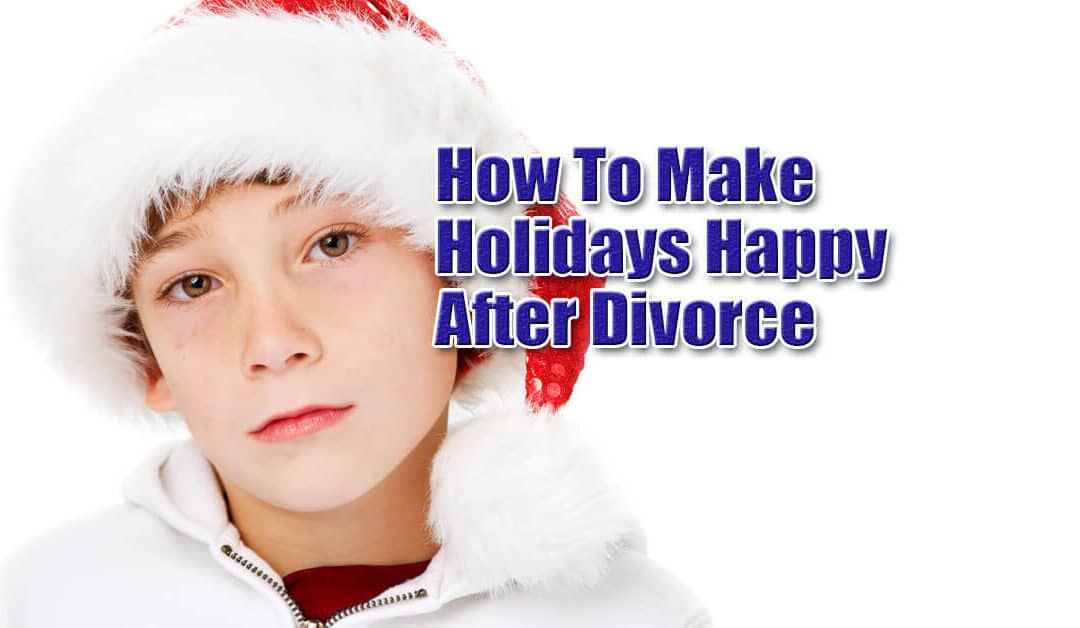by Robert E. Hornberger, Esq | Jul 21, 2017
HOME ABOUT US OUR FIRM FIRM YOUR LEGAL TEAM ATTORNEYS YOUR ATTORNEYS ROBERT E HORNBERGER CHRISTINE M VERBITSKY ANNEMARIE LANNI LAWRENCE M. MARINO BRENDA LYNCH (Of Counsel) PRACTICE AREAS AREAS OF EXPERTISE What’s Involved In Divorce DIVORCE DIVORCE COLLABORATIVE...

by Robert E. Hornberger, Esq | Jun 27, 2017
As a Long Island Divorce attorney, I have seen many occasions, where, for a variety of reasons, some Long Island couples facing significant difficulty in their marriage decide that they will not divorce. Sometimes these reasons are financial, and sometimes they are...

by Robert E. Hornberger, Esq | Jun 6, 2017
As an experienced Long Island Family Law Attorney I have seen how Father’s rights have become a prominent social issue on Long Island. It is a well-known and often quoted fact that children typically benefit from a relationship with their biological fathers; however,...

by Robert E. Hornberger, Esq | May 2, 2017
Everything You Need to Know Before Hiring a Divorce Lawyer on Long Island, NY Experienced Long Island Family Law Attorney Robert E. Hornberger, Esq. just published the second edition of his well-received, “Guide to New York Divorce: Everything You Need to Know Before...

by Robert E. Hornberger, Esq | Apr 25, 2017
Many unmarried couples on Long Island are unaware that they can utilize divorce mediation to sort out their affairs when they break up. In New York and in many other states, divorce mediation can be used for unmarried couples as well as for those who are married. In...

by Robert E. Hornberger, Esq | Apr 11, 2017
As a Long Island Divorce Attorney, one of the main issues I have to address with my clients concerns Spousal Maintenance, sometimes called Alimony. Below are answers to some of the most frequently asked questions I hear.What is Spousal Maintenance or Alimony?Spousal...

by Robert E. Hornberger, Esq | Apr 4, 2017
Divorce is never easy and can be one of the most difficult and stressful times in your life. This is especially the case if one or both spouses are in the military. A military divorce in New York presents several unique issues to the divorce process. If you or your...

by Robert E. Hornberger, Esq | Feb 21, 2017
From my observations as a Long Island Divorce Mediator, I see that the main cause of divorce is trouble communicating. You might be aware that approximately half of marriages end in divorce, but what you may not know is that approximately 67 percent of second...

by Robert E. Hornberger, Esq | Dec 27, 2016
When divorce is imminent, there is a lot at stake. Stress levels are often through the roof and people often act on emotions and end up making mistakes that will negatively affect their outcome. We have compiled a list of some common mistakes to avoid in your Long...

by Robert E. Hornberger, Esq | Dec 6, 2016
As the holiday season rolls around, Long Islanders facing divorce or separation or recently divorced are not having the festive season to which they had become accustomed. Many are still grieving their fond memories of holidays past as they learn to adapt to new...





















